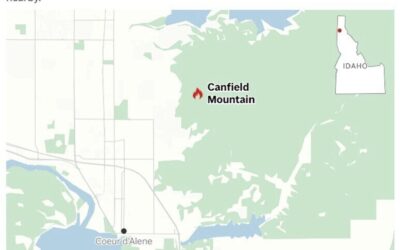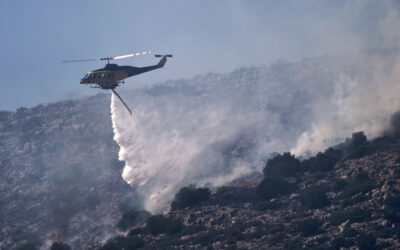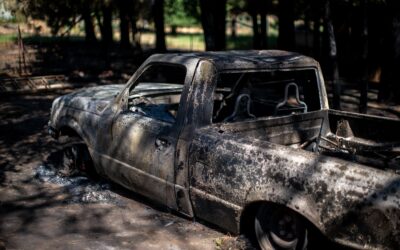No matter what position you hold on the fireline, you are going to have difficulties, challenges and even heartbreaks. When I was just starting out, I didn’t understand the crew dynamics and I found myself the target of some bullying. “Shut Up and Dig” is a story I posted last year and describes my rocky start to a long career in the fire service. You’ll experience many difficulties while being a firefighter. Some firefighters struggle with their physical fitness. Some struggle with being gone from family for weeks or months. What about breathing smoke on a 24-hour shift in some smoky canyon? Or only having hot water and frozen burritos for lunch? Climbing out of a canyon at the end of the shift to get to your crew truck or engine is always fun. Yea, there are a lot of hard parts to firefighting. But if you make a career out of it like I did, your perspective may eventually match mine. To me, the very hardest part of firefighting is the interpersonal side. How we talk to and get talked to by those around us.
Have you ever started the season getting along great with and enjoying your crew mates? But by September you’re about ready to take a shovel to their cranium? Nothing like sitting in a crew buggy for thousands of miles next to the same smelly knucklehead. Yea, that’s what your crew mate is thinking about you too.
It doesn’t matter if you’re on an engine, crew, a single resource or an Incident Management Team, getting along with your co-workers will be the most difficult challenge you’ll probably have in your career. You can always get boots that fit better, get a promotion, get in better shape. But how do we prepare to get along with our bosses, our coworkers and those we supervise? Those skills will make your career and life easier. I may not have all the answers for you but let me tell you a few stories that might make my point.
Years ago, while working as an OSC1 on a large wildfire, a friend of mine was assigned to the fire as a DIVS. She was new in the job, kind of small, female and cute. Those traits aren’t always a benefit when your supervisor is an old, grizzled and experienced firefighter. But she had a lot of experience, had spent time on an IHC and was currently a battalion chief. I assigned her to a Branch Director who I trusted, and I believed would be a good mentor for my friend.
After the first shift, I called the Branch Director over after the morning ops pre-briefing and asked him how she was doing. I expected him to say something like, “oh she’s ok.” That neutral response coming from the Branch would have meant she was doing just fine. But what he said instead was, “she ain’t worth a shit. She’s got attitude and think she knows everything already.” I was dumbfounded.
The new DIVS I had assigned to him had some of the best interpersonal skills of any firefighter I knew. She got along with everyone. It was so out of character for anyone to say she had “an attitude” that I was shocked. I told him, “Well you’re her supervisor. I assigned her to your Branch to be mentored by you. You need to have a conversation with her and figure out what’s going on. I don’t want a problem out there.” His response? “Yea yea, ok.”
What do you think happened? My tough Branch Director didn’t want to have a difficult conversation. He’d rather just fight fire. But in order to have a successful Branch, you had better be in sync with your Division Sups. It is an important part of the job.
The next day or so, I called him and asked him whether he had the conversation with the young female DIVS. “Naw, I’ll get around to it.” Fast forward another day or two and I asked the DIVS, “has Branch talked to you about how you two are getting along?” Of course, she said no. I told her that she and her Branch Director might not be on the same page, and she should reach out to him to make sure they were communicating.
That evening as I’m standing on “main street” at the ICP talking to the IC and Deputy IC, my good but Neanderthalic Branch Director came walking behind me with some of his good ol’ boy DIVS on their way to the kitchen for dinner. As he walked behind me, he knocked my shoulder with his as if he was in a bar picking a fight. The IC looked at me with a puzzled brow and said, “what’s that about?” I shook my head and said, “nothing, just one of my good but idiot Branch Directors.”
I waited a few minutes and finished my talk with the IC before I walked down to the kitchen to find my Branch Director. He was sitting in a crowded tent surrounded by his friends and DIVS. There was an open seat across the table from him. I took the seat, slammed my fist on the table and said in a menacing voice, “Ok asshole, lets have it out!” All the DIVS jerked up, wondering what was going on. My Branch replied, “boys, you’d better call an ambulance, she’s going to need one. I replied, “boys call another one, he’s going to need one too.” Instead, they quickly picked up their trays and went to another table. I still laugh as I look back thinking about the scene in that poorly lit cold kitchen tent.
I asked him, “so you had a conversation with your DIVS about her behavior?” He asks me “You sent her over to talk to me didn’t you?” “Yea,” I replied. You weren’t addressing her attitude and it needed to be dealt with.” “So, what do you think about her?” I asked. This time he says, “oh she’s alright, actually she’s pretty good.”
So for four days, there was drama on his Branch because the young DIVS who was trying to fit in with the good ol’ boys by joining in the banter which rubbed the Branch Director the wrong way. Yea, that was it. He thought she was being pushy and aggressive because she was just trying to fit in with the group.
Hell, she could work and hike as well as anyone on the fire. She had all the experience and quals as any new DIVS. But joining in on the banter, rather than making a connection with her Branch Director, he took it wrong and thought she was just acting like a “know it all.”
How hard do we make it to be successful in firefighting? Think about it. She had already worked her way up from being a FFT2, to working on an IHC, worked in fuels, became an AFMO/Battalion Chief and after decades in fire was a new DIVS. She had paid her dues. But there was more. After gathering all the knowledge, skills and abilities, she still had to do the hard work of figuring out how to get along with her boss. Do we teach that? Is there a box on a taskbook that says, “didn’t inadvertently piss off the boss?”
After 45 fire seasons, I’ve got many examples that make the point. Once, one of my Branch Directors got into a yelling match with the local LEO on the line. I have no idea what started it, but when I drove up the dusty road we were using for our line, there were a couple DIVS standing around watching the LEO and their Branch Director shouting at each other. The two kept moving closer and I could tell from my Branch Director’s body language he was about to take a swing at the LEO. My thoughts? “Oh, for F’s sake.” As I walked up to them, they both looked at me and took a step back. The LEO went back to his truck, and I walked my Branch Director back to his truck and had a conversation with him.
The hardest part of this Branch Director’s day wasn’t getting the burn out done. It wasn’t getting the line in before the fire got there. It was a stupid conversation that went sideways with the LEO that could have ended with his arrest.
In case you think this is only about overhead, think again. When I was the engine operator/engineer years ago, my boss (Engine Captain) made a comment that I knew was incorrect. It was a stupid innocuous comment that a particular mountain peak was almost due east of our location. I didn’t need to say anything. It was irrelevant to the situation. The lives of our crew weren’t dependent on the location of that peak. But I had to assert my local knowledge and Davy Crocket level of outdoor skills to say, “No, that’s almost due north.” What difference did it make? None at all. We got into it, and he finally pulled out a map to prove I was just dumb. When he realized his mistake, it was too late.
And our relationship was off the rails for the rest of the summer.
Was it immature on his part? Yes. Was it dumb on my part? Yes.
If the hardest part of fighting fire for you is honing your saw skills or humping up out of the canyon at the end of shift, then great. But if you stay in fire very long, you’ll get to experience the “joy” of wondering why the boss is yelling at you. Or you’ll wonder why, when you give directions to some employees, they just won’t follow them. It’s because we don’t spend enough time on the human behavior side of our work. We don’t talk about emotional intelligence on the fireline. It’s more than “Shut Up and Dig.” As a student of fire, I hope you’re reading about emotional intelligence and leadership. You’ll have an easier and more successful career and those working around you will be thankful for your behavior.
Now Available
Both Sides of the Fire Line is Bobbie Scopa’s uplifting memoir of bravely facing the heat of fierce challenges, professionally and personally. It’s available now.
Order from Amazon Order from Barnes & Noble
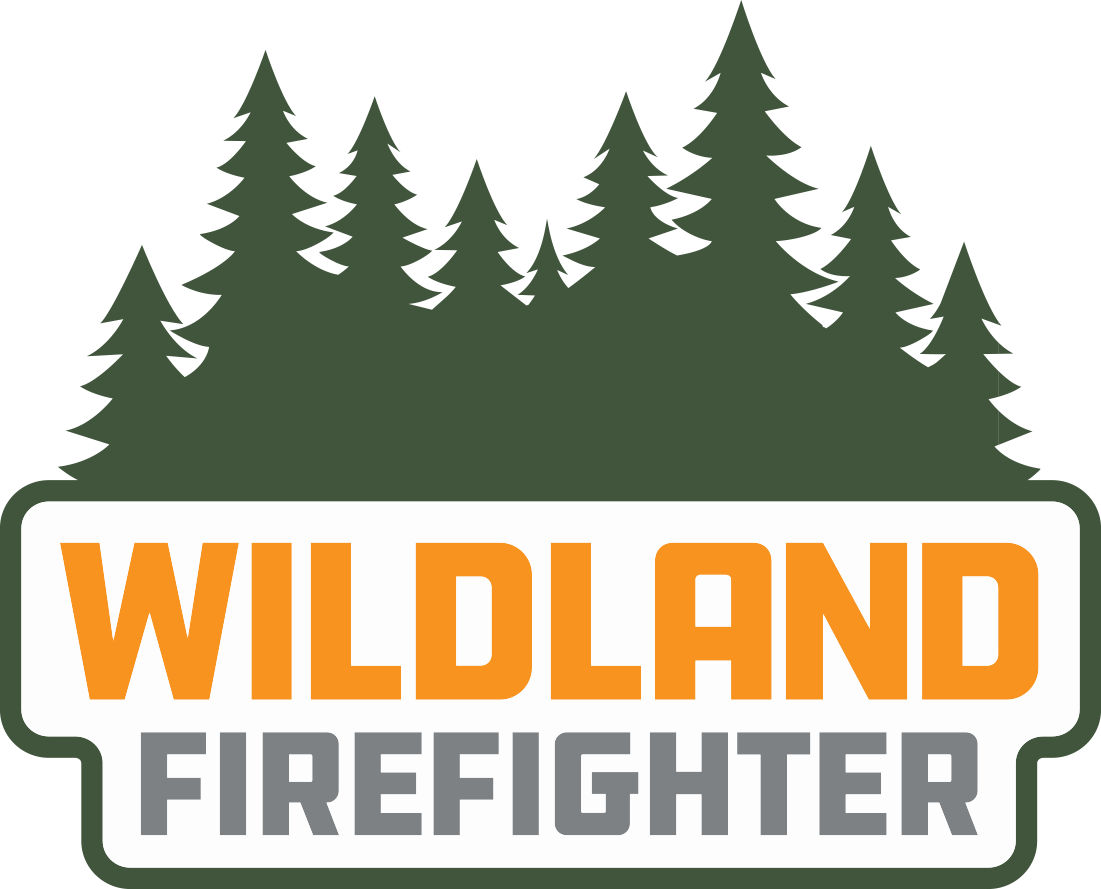
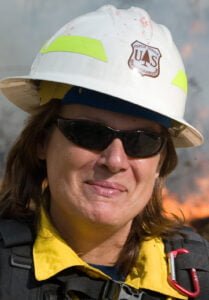 Bobbie Scopa started her career as a seasonal firefighter in 1974. After graduating from Arizona State University, she went on to work in fire and natural resource management. Eventually she left the wildand agencies to work full time for a structure fire department. She finished her Masters in Forestry at NC State then went back to the US Forest Service and BLM eventually becoming the Assistant Regional Fire Director in Region 6. Bobbie has spent many years working as a type 1 and 2 Operations Section Chief. You can listen to Bobbie tell audio stories from her long career at BobbieOnFire.com. She has also recently completed her memoir titled “Both Sides Of The Fire Line”. It will be available through Chicago Review Press late summer of 2022.
Bobbie Scopa started her career as a seasonal firefighter in 1974. After graduating from Arizona State University, she went on to work in fire and natural resource management. Eventually she left the wildand agencies to work full time for a structure fire department. She finished her Masters in Forestry at NC State then went back to the US Forest Service and BLM eventually becoming the Assistant Regional Fire Director in Region 6. Bobbie has spent many years working as a type 1 and 2 Operations Section Chief. You can listen to Bobbie tell audio stories from her long career at BobbieOnFire.com. She has also recently completed her memoir titled “Both Sides Of The Fire Line”. It will be available through Chicago Review Press late summer of 2022.